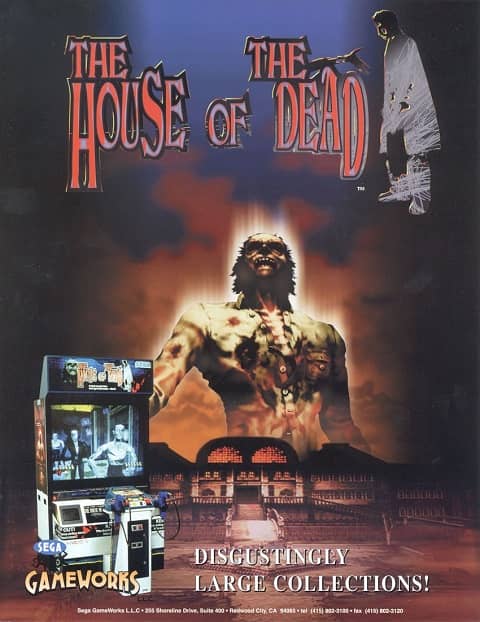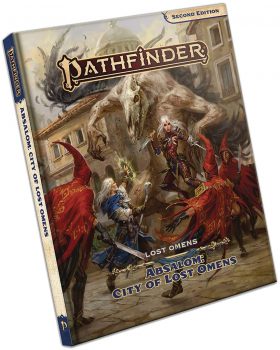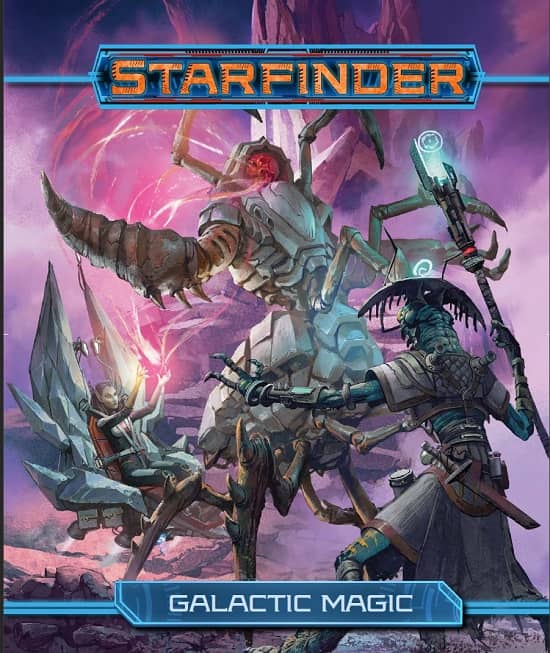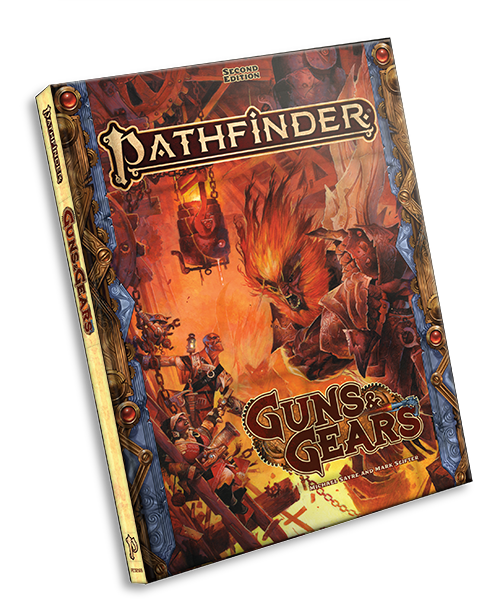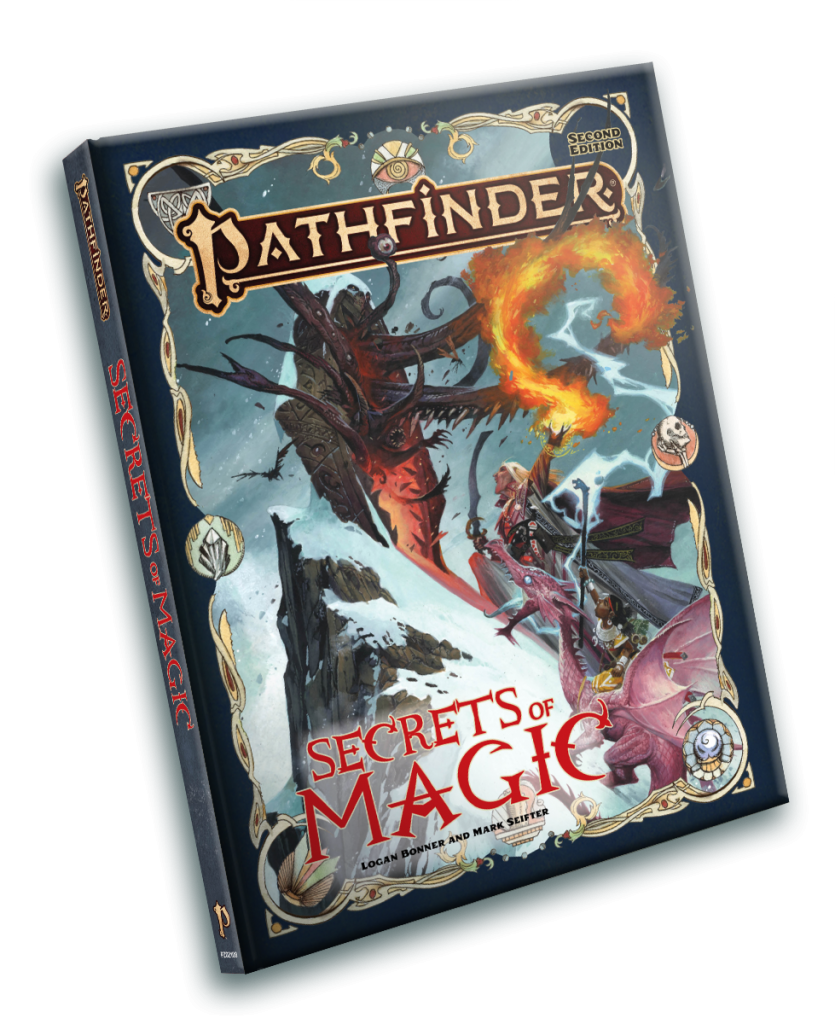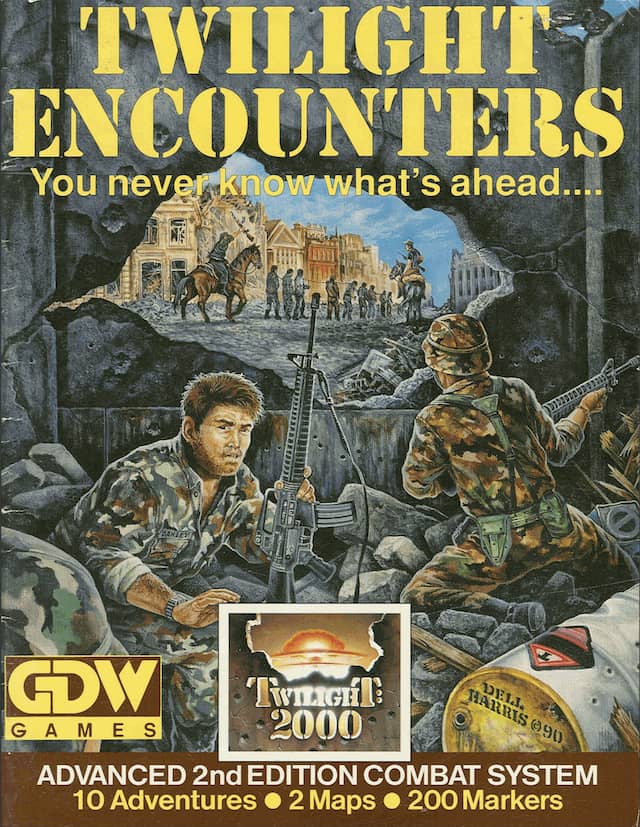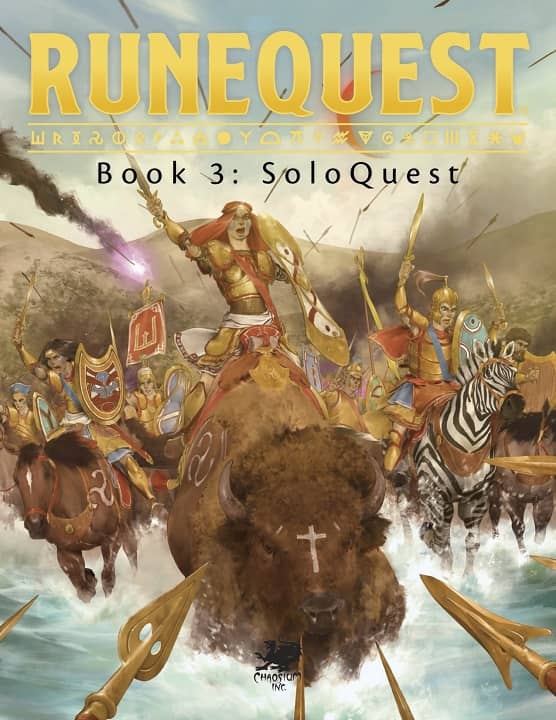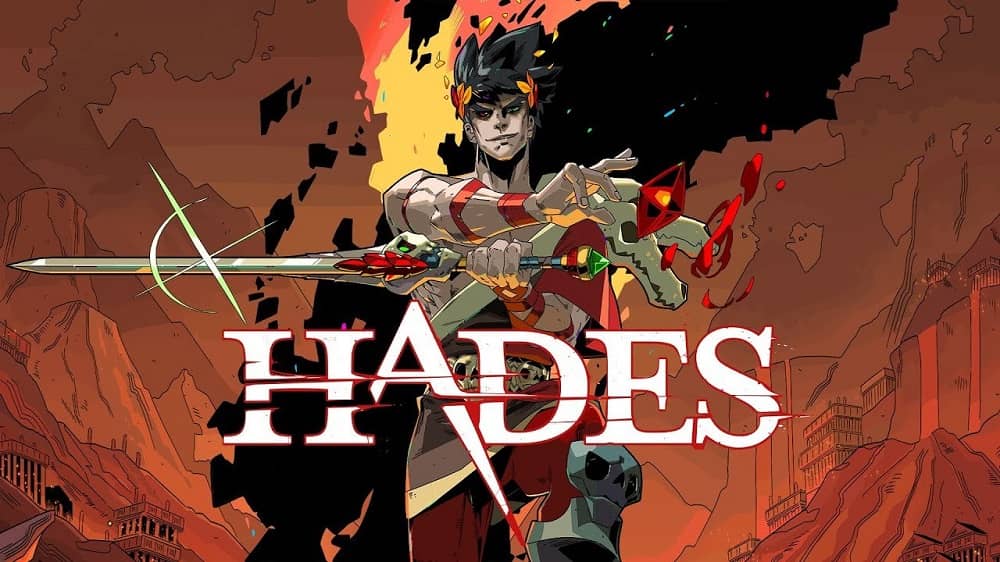Solo Adventures on Grim Worlds: Modiphius’ Five Parsecs from Home and Five Leagues From the Borderlands
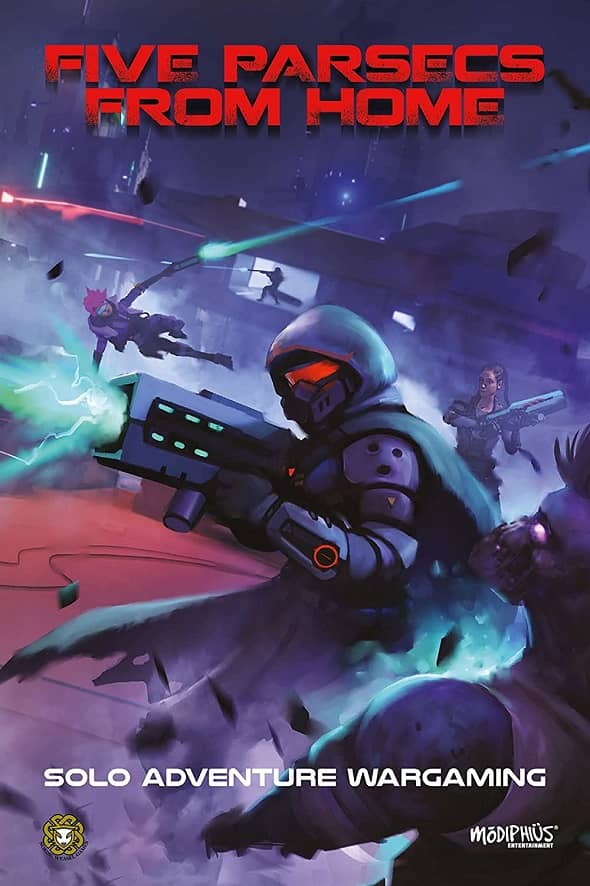 |
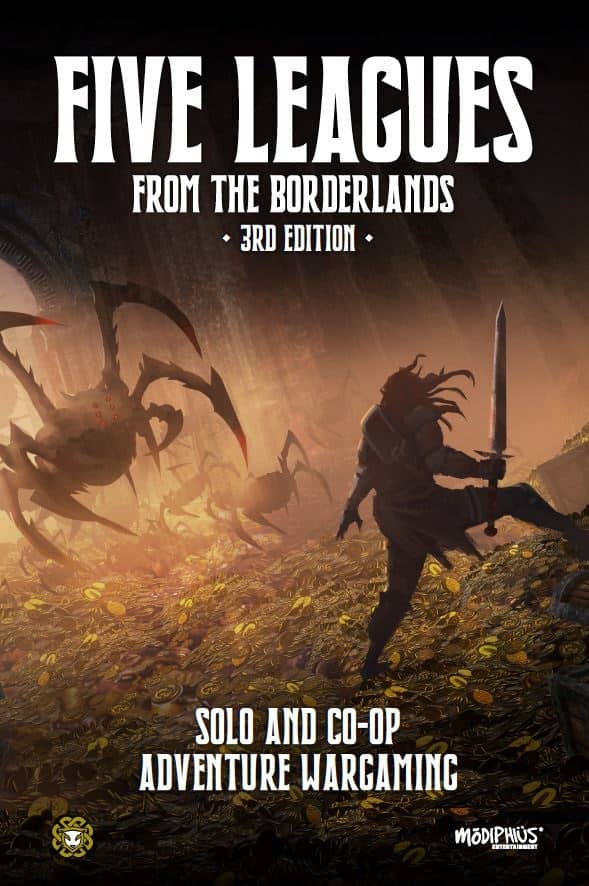 |
Five Parsecs from Home and Five Leagues From the Borderlands (Modiphius, 2021 and 2022). Covers by Christian Quinot
Modiphius Entertainment was launched in 2012 by husband and wife gamers Rita and Chris Birch to publish Achtung! Cthulhu, a game that remains near and dear to my heart (you know anything featuring Nazi supervillains, Cthulhu, and roleplaying is going to get some love in these quarters). But in the decade since they founded their unassuming little gaming company it’s captured the attention of the entire industry with a litany of innovative and exciting titles, including Coriolis: The Third Horizon, Alien RPG, Forbidden Lands, Star Trek Adventures, Conan: Adventures in an Age Undreamed Of, and much, much more.
Their newest releases, Five Parsecs from Home and Five Leagues From the Borderlands, may be their best yet — at least for product-staved solitaire gamers like me. These are finely crafted solo adventures games with rich narrative campaigns that allow you to explore exotic locales, earn experience and level up your team, find exotic gear, trade, and even upgrade your starship or hideout. They’re the most exciting solitaire gaming releases of the last few years, and that’s saying something.
